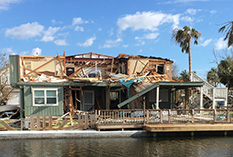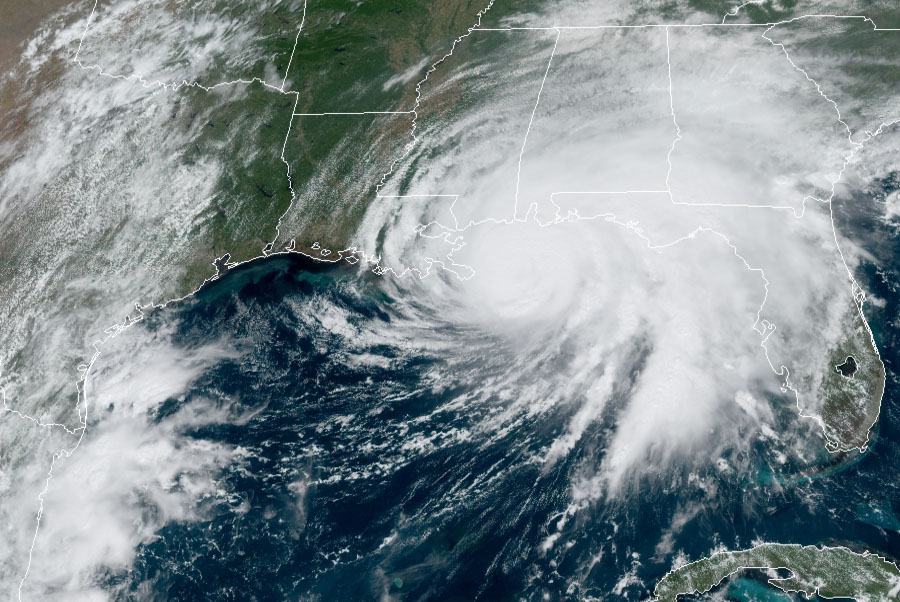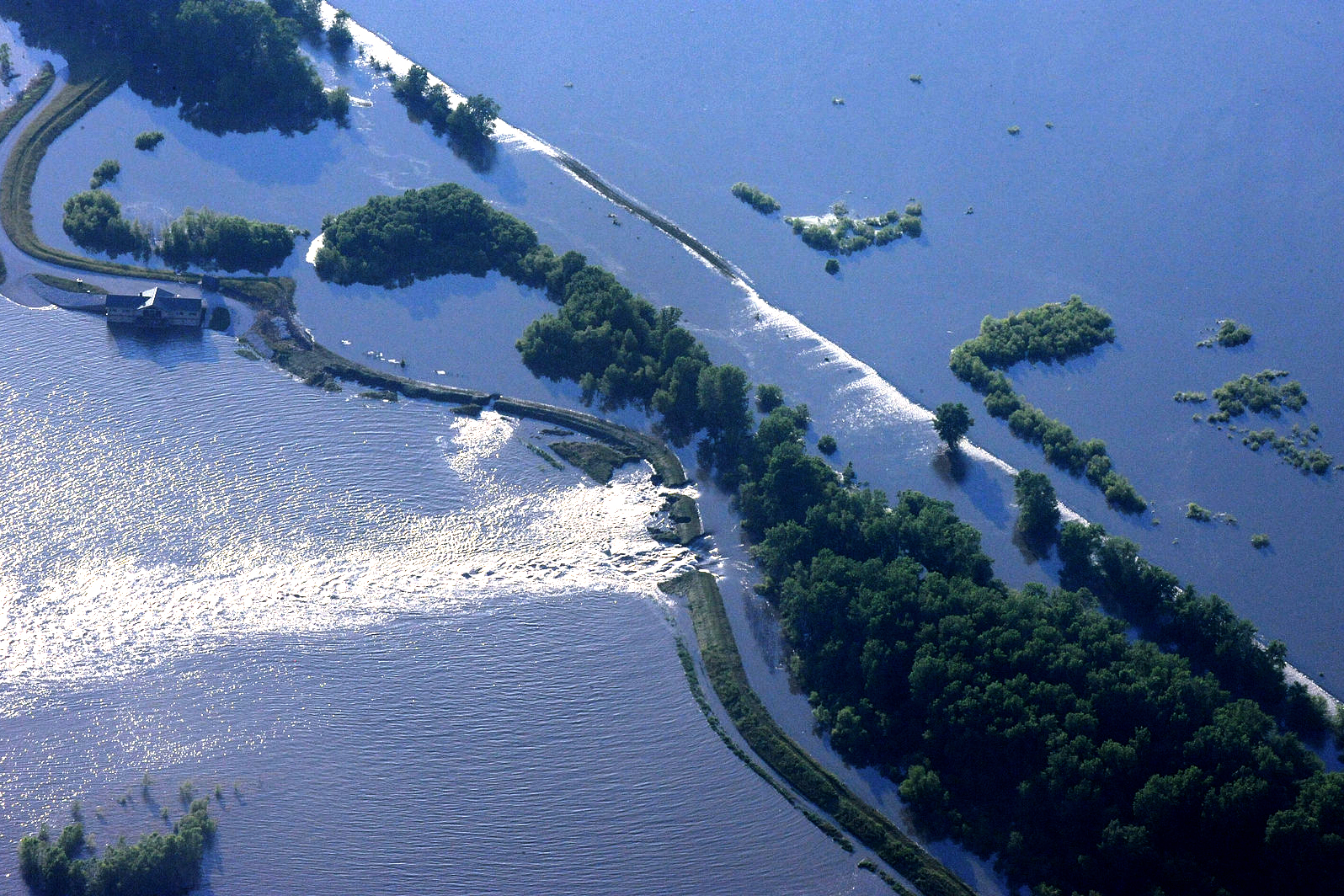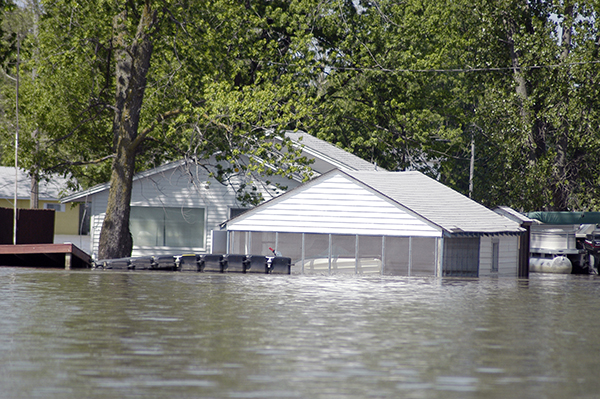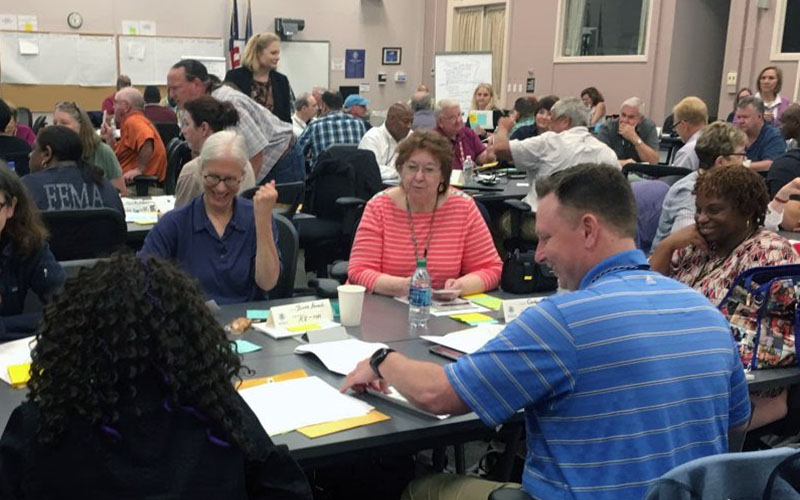News Story
Center for Disaster Resilience Issues "Building Blocks for National Resilience Assessment"
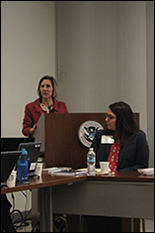
The Department of Civil and Environmental Engineering (CEE) Center for Disaster Resilience took steps toward developing a national-scale resilience methodology with the release of the “Building Blocks for a National Resilience Assessment” study.
The study reviews existing literature and consults resilience experts to extract best practices and conduct a national-level assessment of resilience. Additionally, the study demonstrates why a multi-component framework for resilience is essential and holds the most potential for providing value to a broad spectrum of users and applications for regional or national fiscal, planning, and policy issues.
“The process to build a national scorecard can take decades, but the process itself generates important dialogue,” said CEE Senior Research Engineer and CDR Director Sandra Knight. “If done right, it can be a catalyst for changing beoir. The major goal – and equally major challenge – for a national-scale resilience methodology is for it to be simple and affordable enough to be used, yet sophisticated enough to be relevant for the applications at hand.”
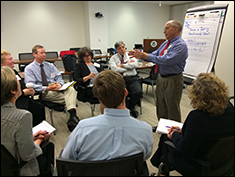 Knight worked with fellow CEE Senior Research Engineer and CDR researcher Lewis E. Link on the study, which highlights existing and emerging resilience tools and key building blocks for a national resilience assessment. The study was made possible in part by a grant provided by the Department of Homeland Security (DHS) Coastal Hazards Center of Excellence at the University of North Carolina. Additionally, Knight and Link incorporated insights from participants in April’s DHS Science and Technology-sponsored workshop hosted by CDR. During the two-day workshop, more than 40 resilience experts across government, industry and academe outlined best practices and desired outcomes for a resilience scorecard.
Knight worked with fellow CEE Senior Research Engineer and CDR researcher Lewis E. Link on the study, which highlights existing and emerging resilience tools and key building blocks for a national resilience assessment. The study was made possible in part by a grant provided by the Department of Homeland Security (DHS) Coastal Hazards Center of Excellence at the University of North Carolina. Additionally, Knight and Link incorporated insights from participants in April’s DHS Science and Technology-sponsored workshop hosted by CDR. During the two-day workshop, more than 40 resilience experts across government, industry and academe outlined best practices and desired outcomes for a resilience scorecard.
Published July 15, 2015

